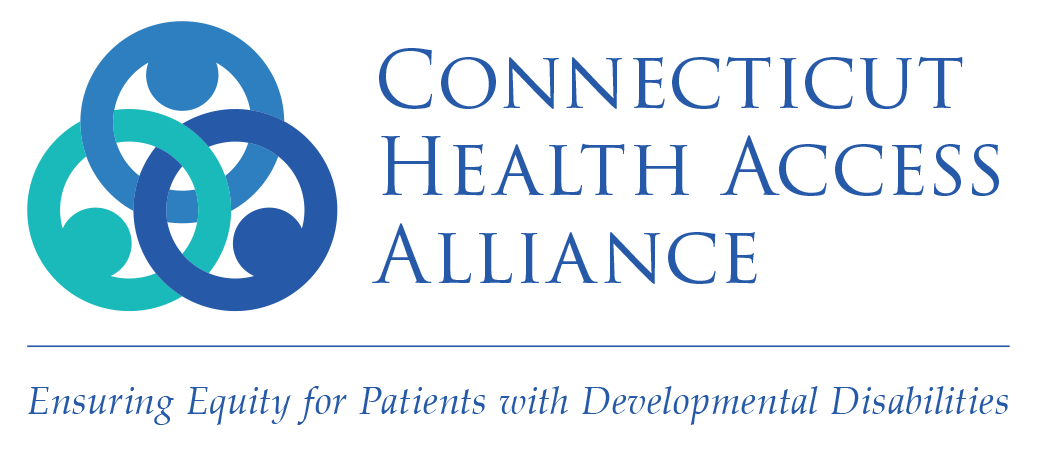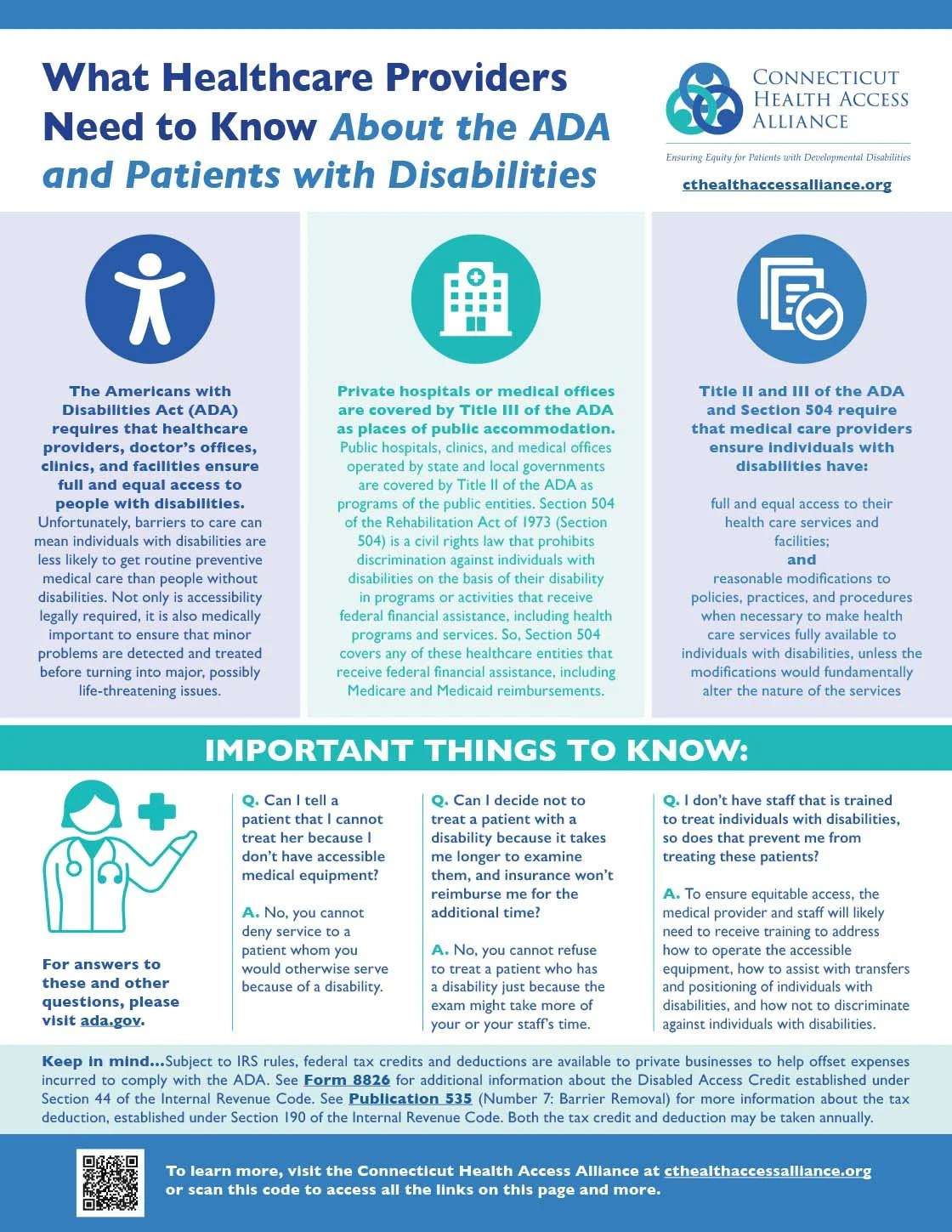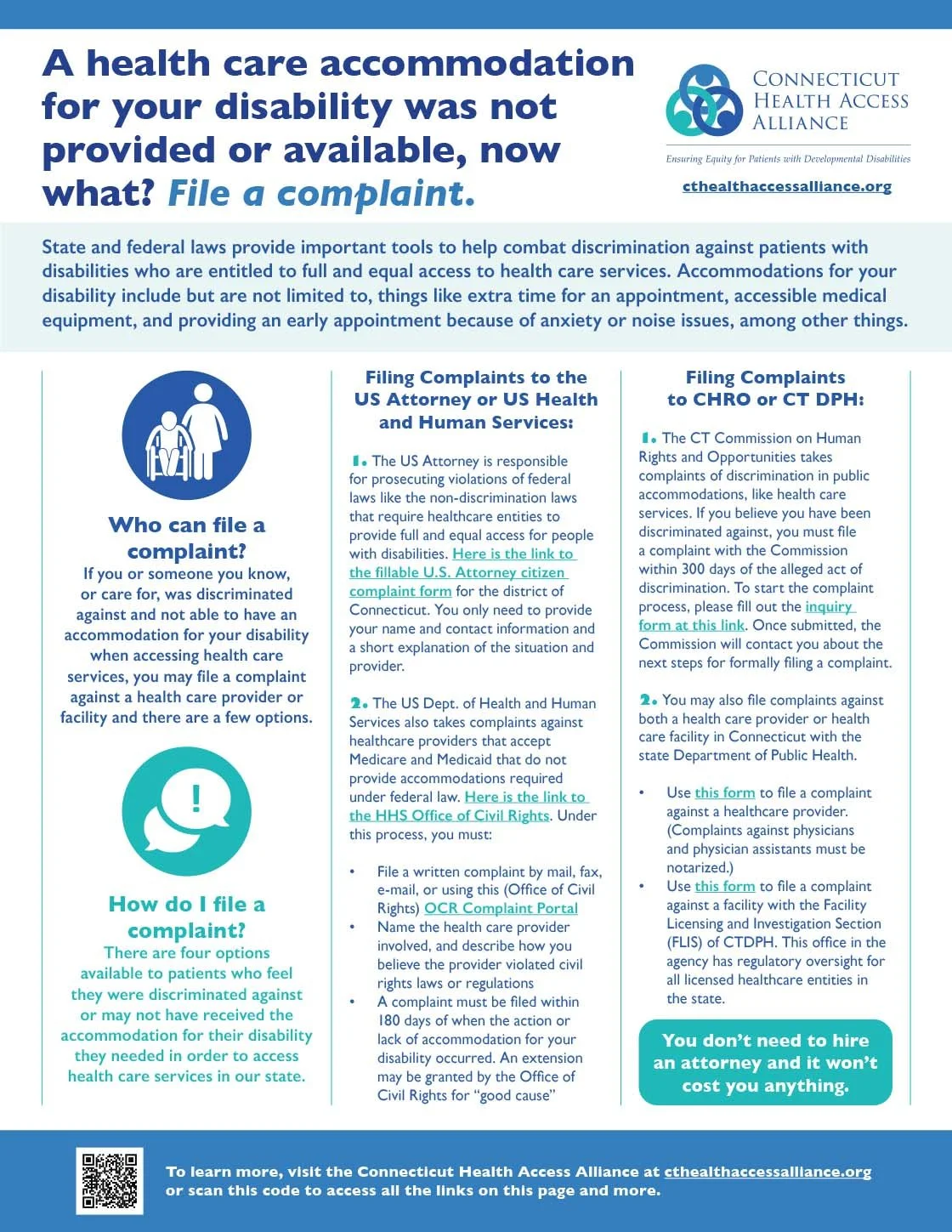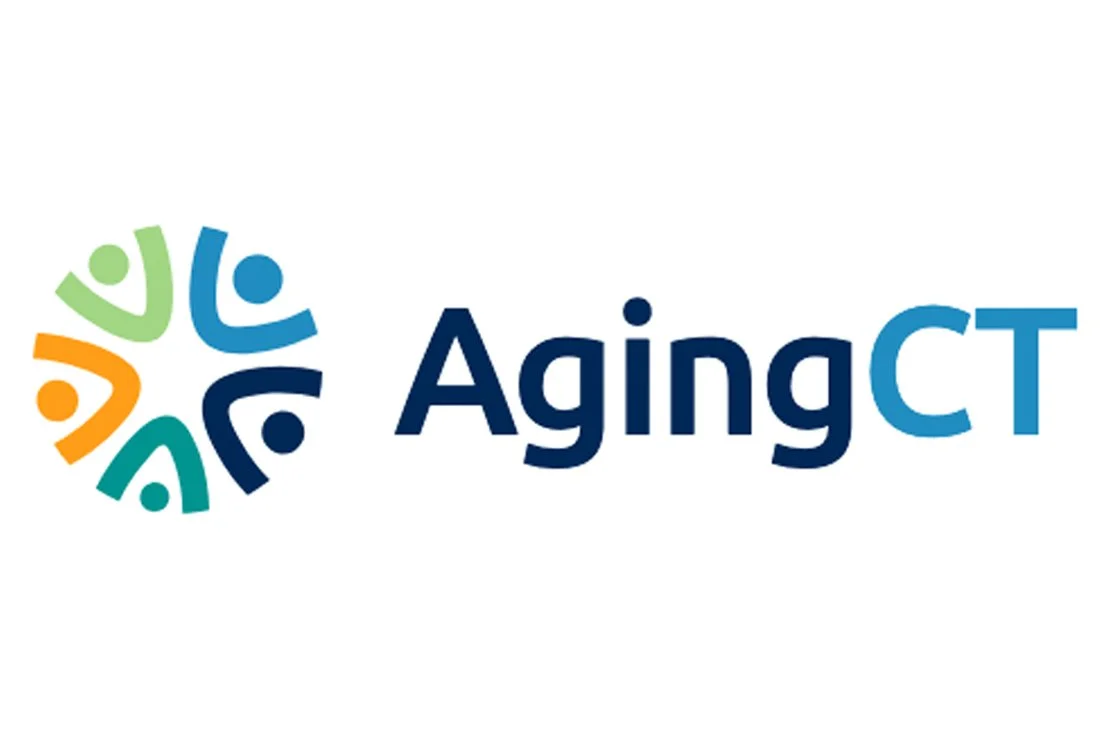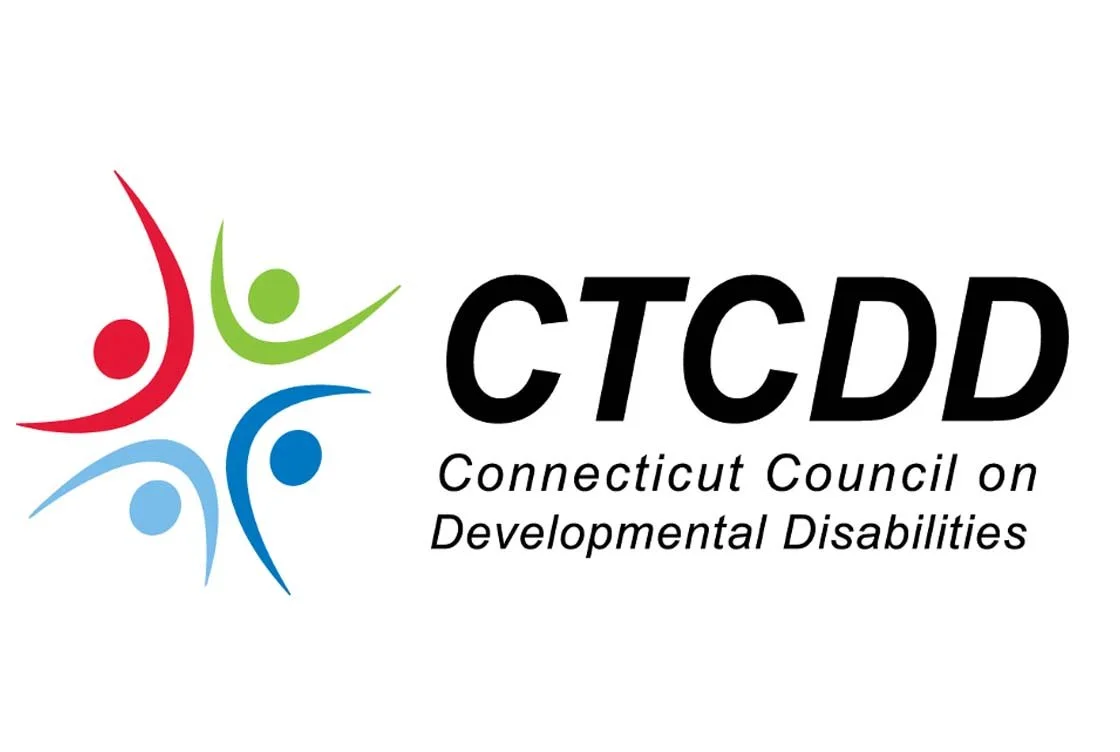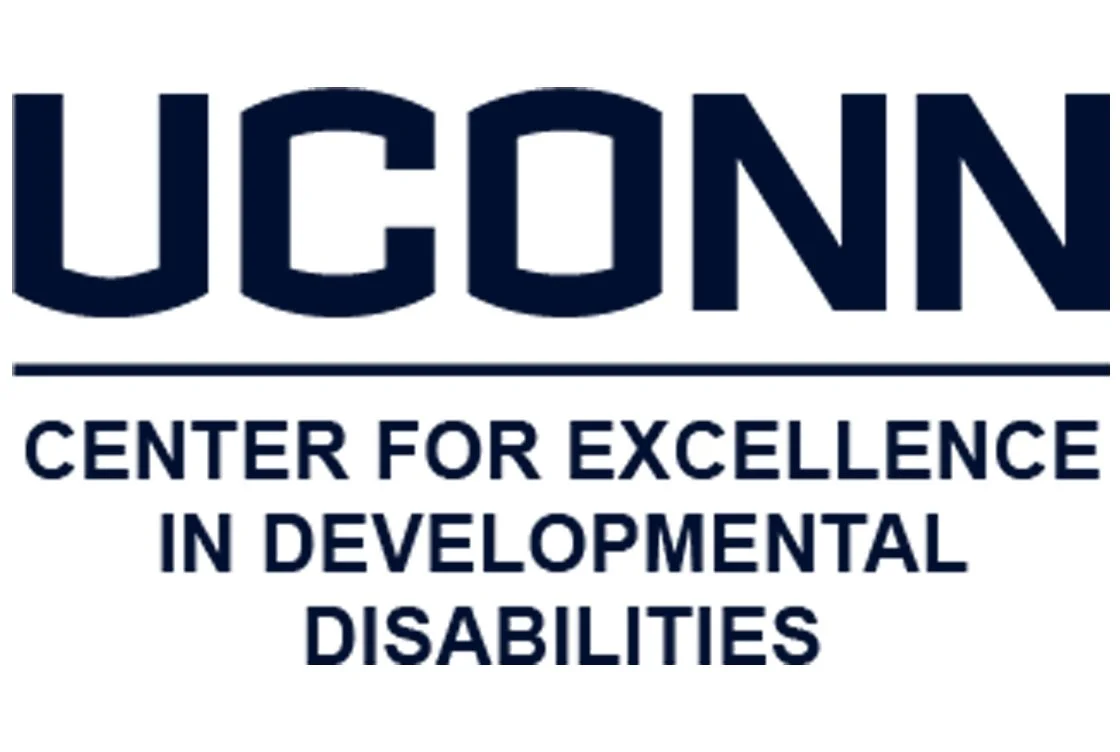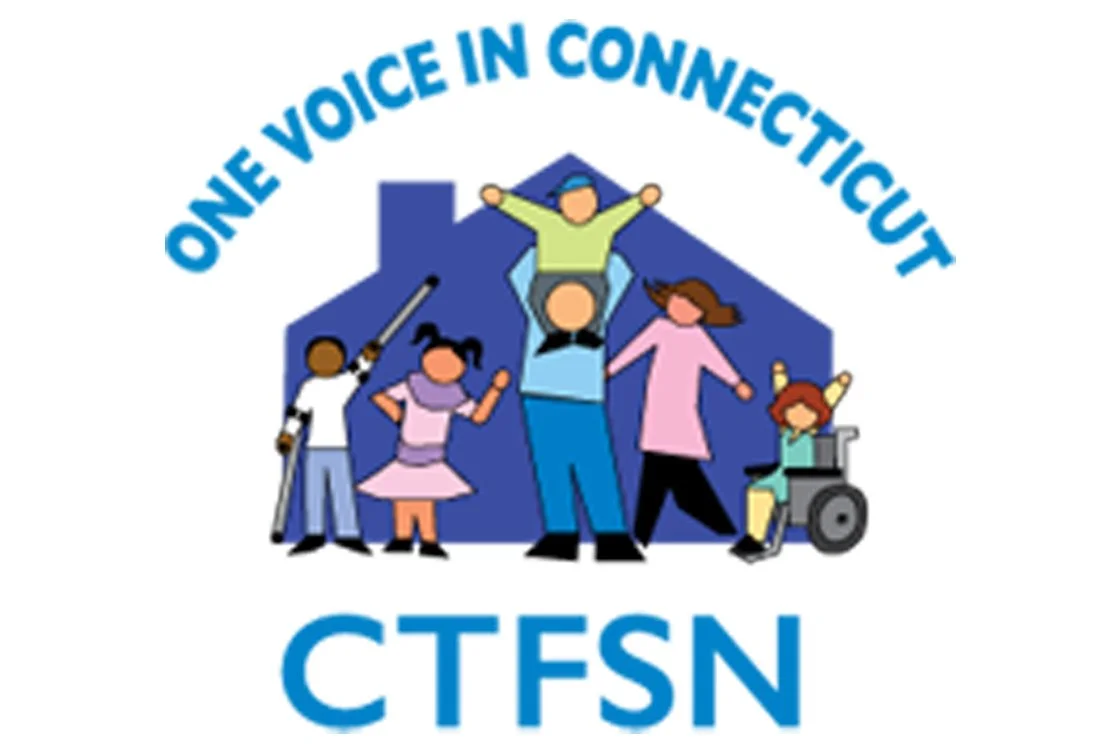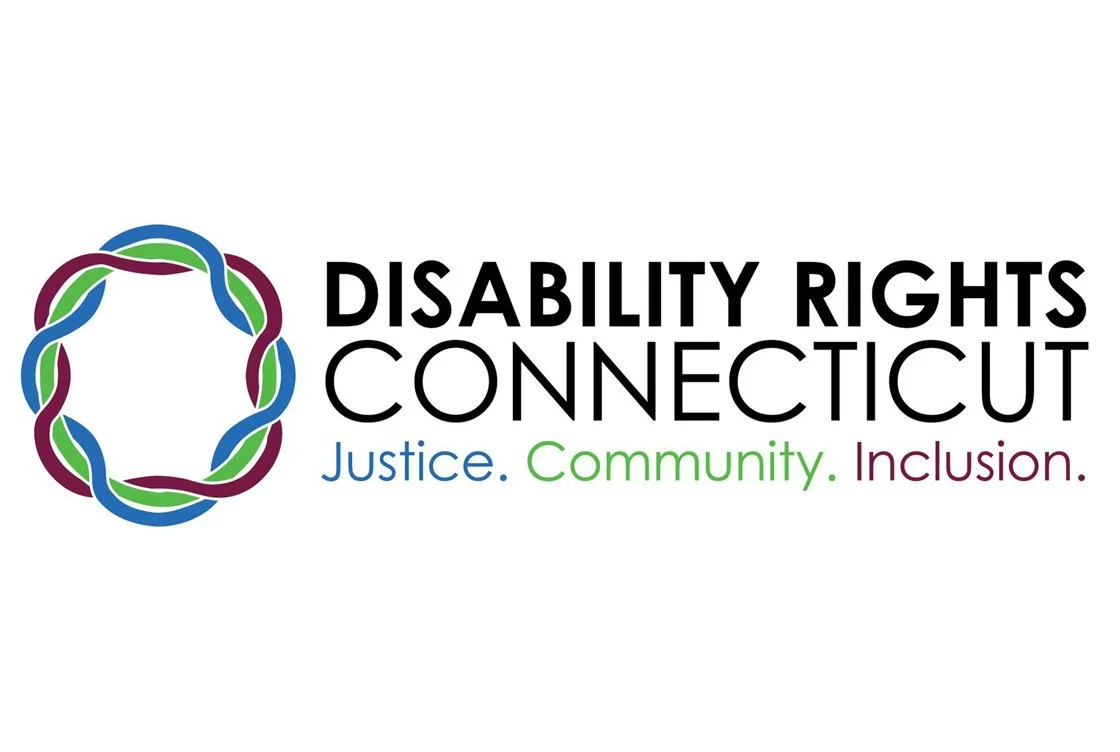
Ct Health
Access Alliance
Ensuring Equity for Patients with Developmental Disabilities
Section 504 of the federal Rehabilitation Act, the Americans with Disabilities Act (ADA), and Section 1557 of the federal Affordable Care Act require that healthcare entities provide full and equal access for people with disabilities. This means, individuals who live with developmental disabilities have a right to reasonable accommodations by healthcare providers. Read more here.
About Us
The CT Health Access Alliance was formed to bring together organizations, advocates, providers, patients, and others focused on ensuring access to health care for individuals with developmental disabilities. The alliance’s goal is to share resources and information to help educate and inform providers, patients, and decision-makers on both the needs of and accommodations required under Section 504 of the federal Rehabilitation Act, the Americans with Disabilities Act (ADA), and Section 1557 of the federal Affordable Care Act.
The Challenge Ahead of Us
Address disparities in quality care and outcomes.
Ensure easy and timely access to care and address the range of barriers that make it challenging to access care.
Enhance care coordination and team-based care with a focus on integrating community health workers.
Improve chronic condition management with a focus on reducing unnecessary inpatient and ED utilization.
Invest in primary care with the intent to increase preventative care to improve outcomes.
Learn More About Healthcare Access
What Healthcare Providers Need to Know About the ADA and Patients with Disabilities
The Americans with Disabilities Act (ADA) requires that healthcare providers, doctor’s offices, clinics, and facilities ensure full and equal access to people with disabilities.
What Patients Need to Know – Federal Nondiscrimination Laws for Healthcare
The federal nondiscrimination laws for healthcare require that healthcare entities provide full and equal access for people with disabilities. This means, individuals who live with developmental disabilities have a right to reasonable accommodations by health care providers.
A health care accommodation for your disability was not provided or available, now what? File a complaint.
State and federal laws provide important tools to help combat discrimination against patients with disabilities who are entitled to full and equal access to health care services. Accommodations for your disability include but are not limited to, things like extra time for an appointment, accessible medical equipment, and providing an early appointment because of anxiety or noise issues, among other things.
Recent Information
There are about 46,000 adults with developmental disabilities in Connecticut and most of them rely on Medicaid for commercial health care.
Access to Health Care by Individuals with Developmental Disabilities
